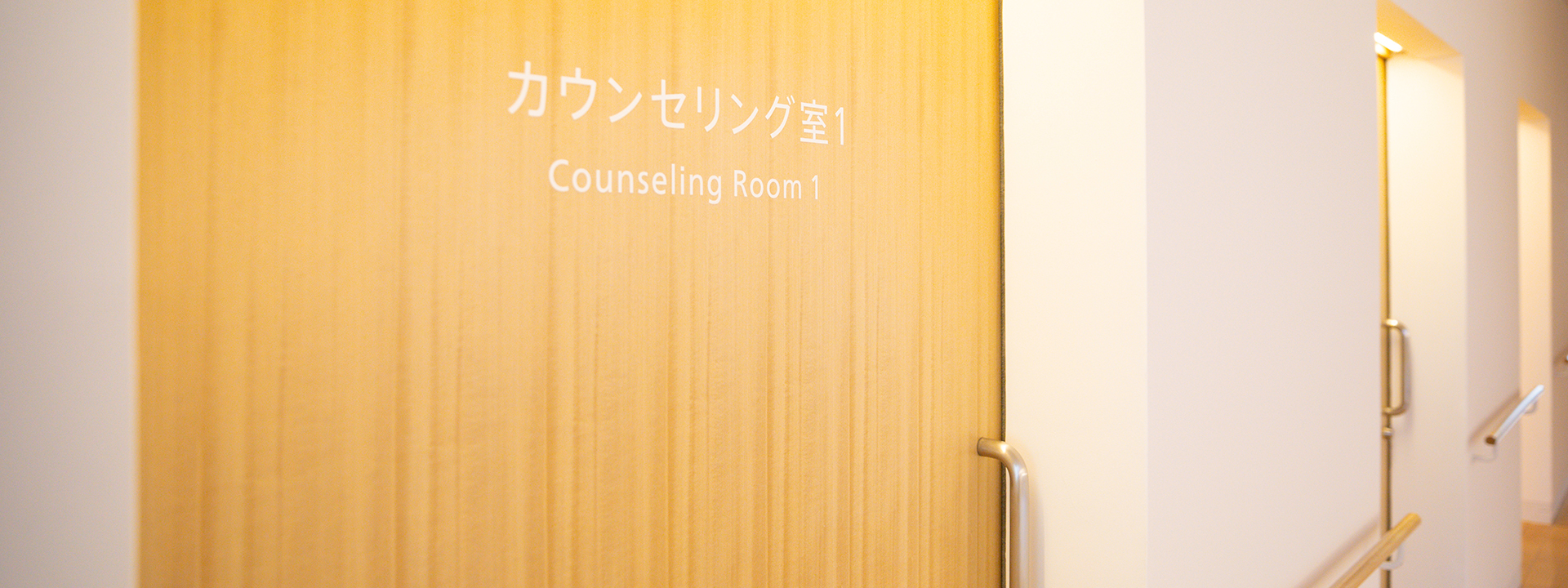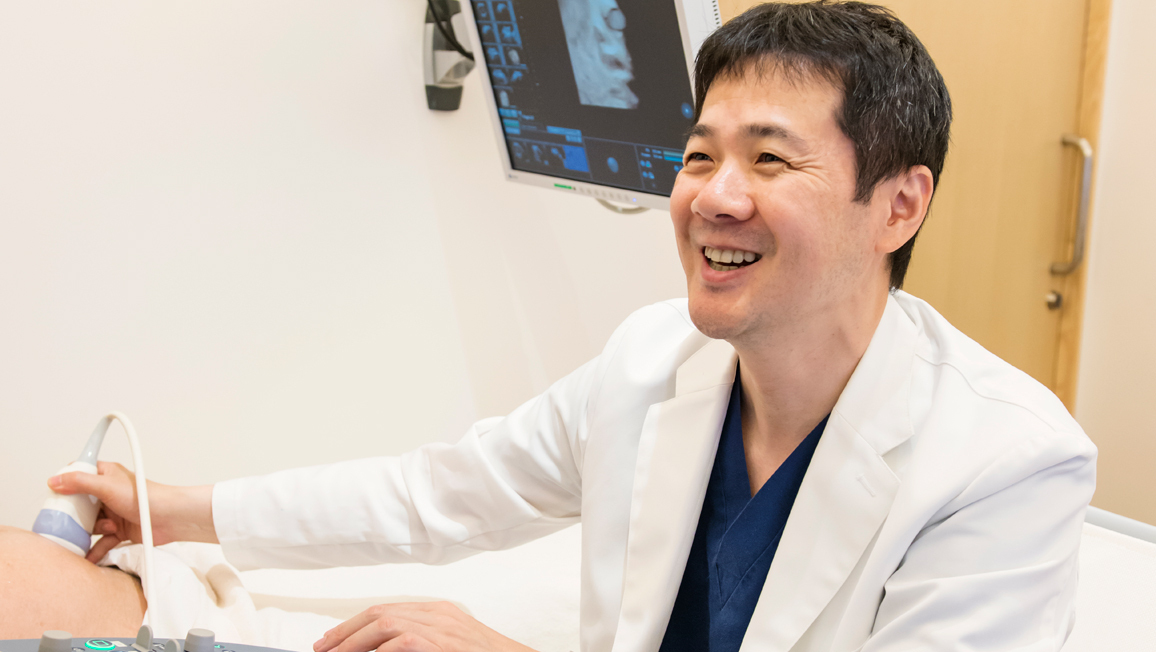Prenatal Checkups
Regular checkups are important for ensuring that mothers and their babies remain in good health.
| Week of pregnancy | Checkups | Tests | Other services |
|---|---|---|---|
| Early pregnancy(-7 weeks): | First visit and ultrasound | Cancer screening (optional) | Health guidance Nutritional guidance (when necessary) |
| 7-10 weeks: | Ultrasound (confirming fetal heart rate and estimated date of delivery) | Blood test | |
| 10-13 weeks: | Ultrasound (reconfirming estimated date of delivery) | ||
| 14-24 weeks: | Prenatal checkup and ultrasound (held once every four weeks but might vary by situation) |
Around 20 weeks: Fetal screening |
|
| 24-32 weeks: | Prenatal checkup and ultrasound (held around every three weeks but might vary by situation) |
Around 26 weeks: GCT (glucose challenge test for pregnancy) and chlamydia test | |
| 32-36 weeks: | Prenatal checkup and ultrasound (around every two weeks and might vary by situation) |
Around 32 weeks: Blood test | |
| 36 weeks- | Prenatal checkup, ultrasound and NST (nonstress test) (held weekly but might vary by situation) |
Around 37 weeks: vaginal culture and blood test |
When pregnancy is full of unknowns, you tend to become anxious.
We hand out a pamphlet to prenatal checkup visitors that summarizes the information you need to know during pregnancy so that you can feel at ease.

- Urinalysis
We detect kidney disease and diabetes at an early stage through urine protein and glucose. - Blood pressure measurement
We detect pregnancy-induced hypertension at an early stage. - Ultrasound
We check fetal development, detect major abnormalities and check placental location disorders. - Nonstress test
We measure fetal heart rates and the uterine contraction curve to check the health condition of the fetus. - Maternal internal medicine screening
We screen for internal disorders affecting pregnant women.
- Please contact us regardless of when your next checkup is if you ever notice abnormal symptoms such as your health condition being upset, sudden stomach pain, bleeding or water breakage.
Inquiries and Consultations
- All visits to our clinic require a reservation. We accept reservations over the Internet or over the phone.



